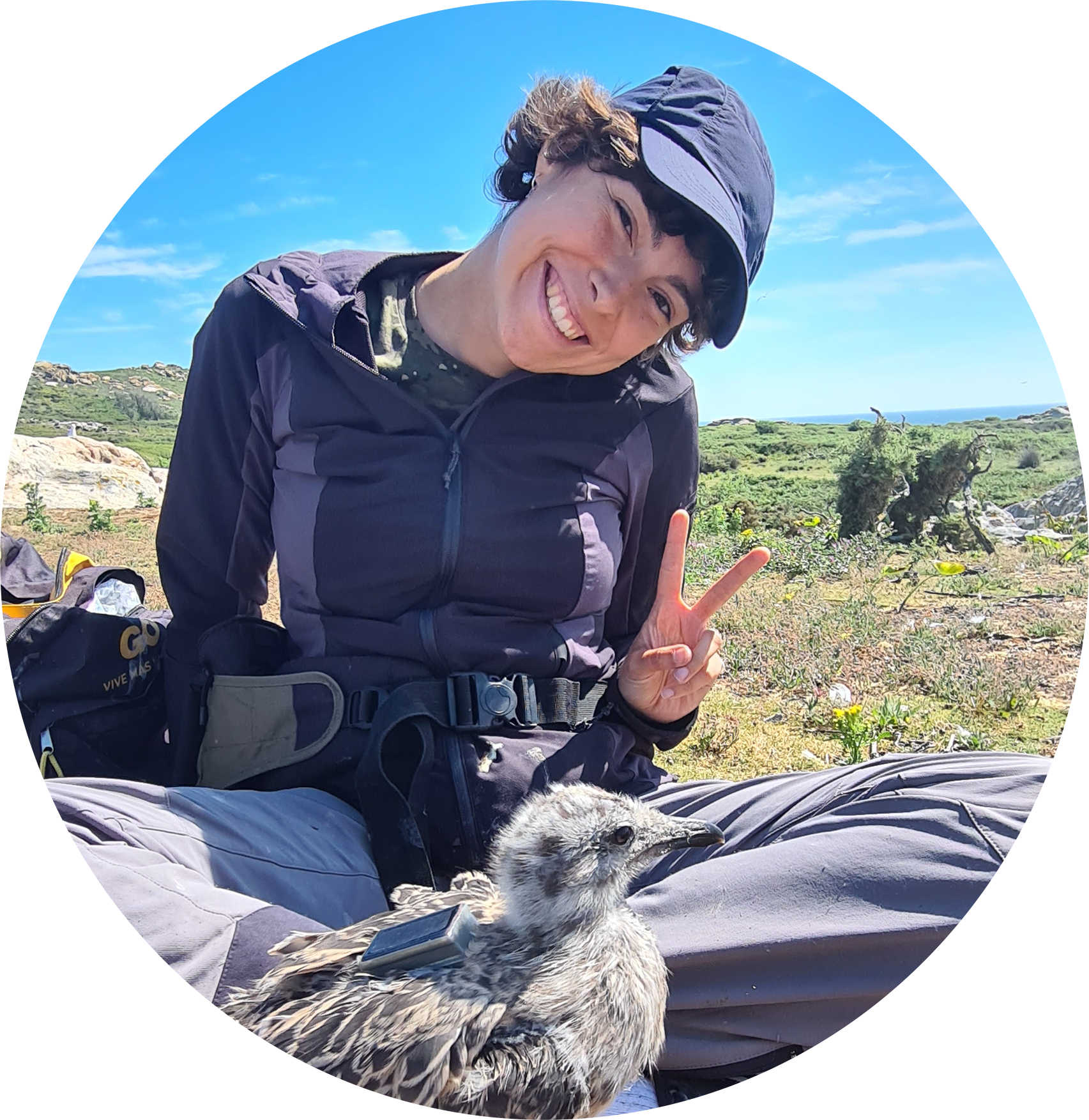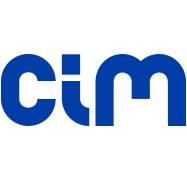Research
We aim to understand how natural selection shapes the life history and behaviour of wild animal populations.
Study species
Our current work focuses mainly on natural populations of gulls and sticklebacks
Publications
See our last scientific production




.jpg)


